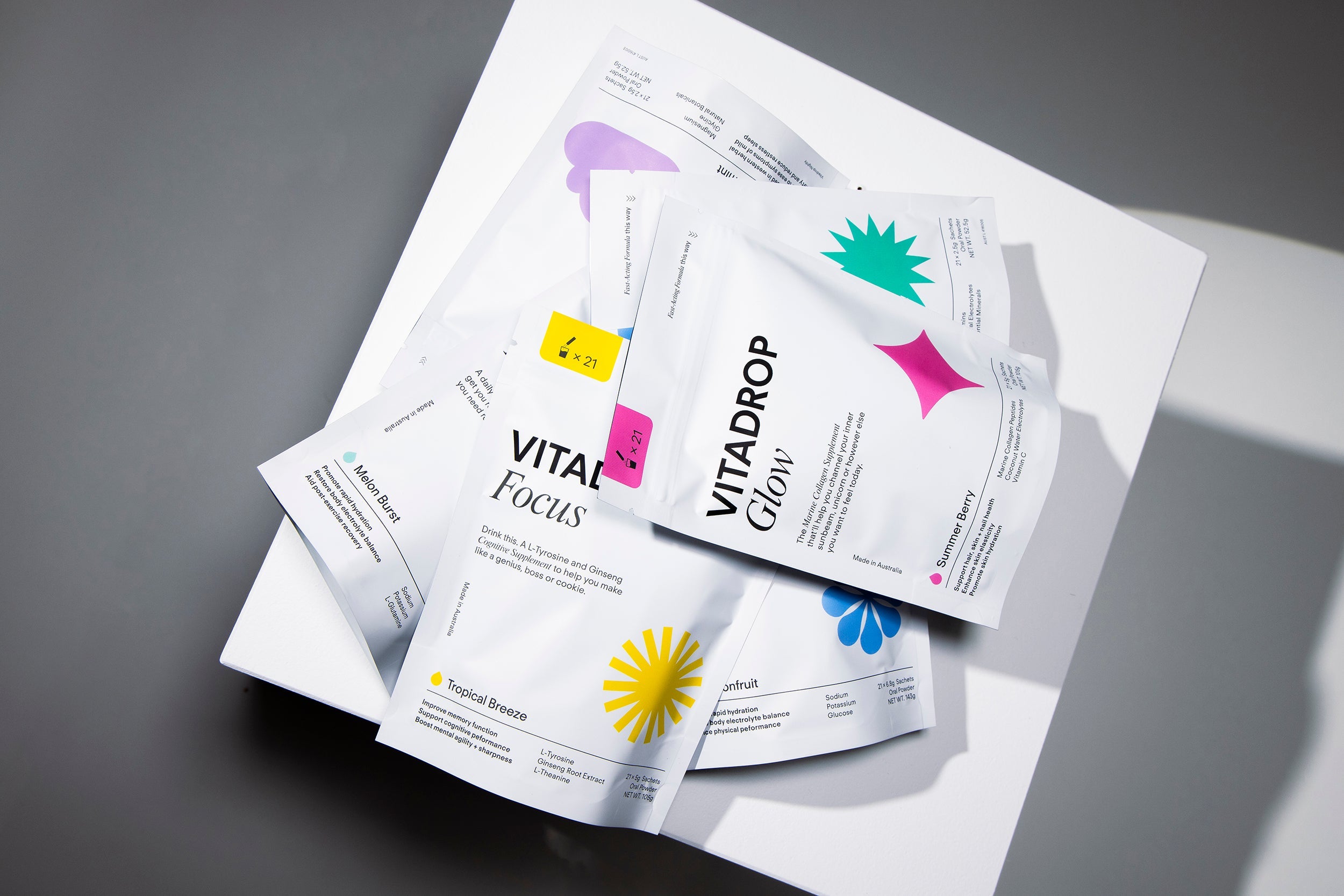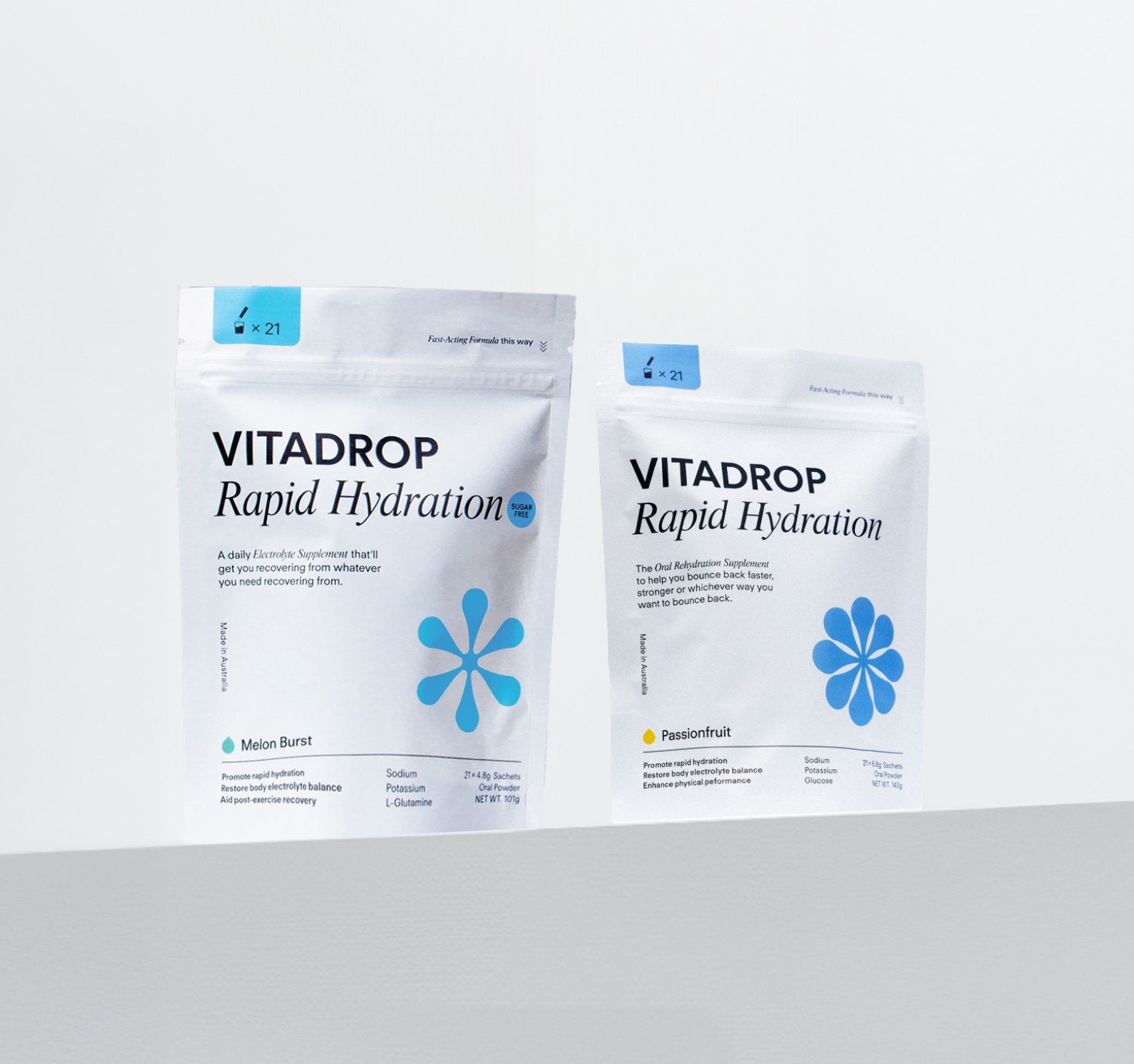Ruby Pryde - Feb 16 2021
Organic VS Non Organic. Is one really better than the other?

Organic foods are those that are free from herbicides, pesticides, fungicides, antibiotics, artificial hormones and genetically modified organisms - grown in nutrient dense and mineral rich soil.
A quick history on the beginning of conventional farming.
After the use of gunpowder on humans in the second World War, it was adapted as a means to control insects and animals from eating agricultural farming crops.
Whilst at the time it was no doubt a revolutionary feat for farmers and their ability to keep up with demand. Had they unknowingly invested in an unmeasured experiment on the health of humans, wildlife and our eco systems?
The chemical cocktail today.
Over the years, a host of chemicals have made it in, and out of conventional farming practices. Herbicides, pesticides, fungicides and genetically modified organisms just to name a few.
One of particular popularity, glyphosate (otherwise known as Roundup), has been of major interest to those that are questioning the safety of today’s agricultural processes. The use of glyphosate, in many parts of the world and in some parts of Australia, has been banned.
Defined by the World Health Organisation’s International Agency for Research on Cancer as a probable carcinogen, glyphosate is under the microscope for potentially contributing to, or causing cancer in humans through endocrine disruption and risking cellular mutation at high levels of exposure.
With much of the research done on high level exposure, this might not seem all that bad . But, that might just be the problem. There is little research on safety (or lack there of) when it comes to prolonged, low level exposure to chemicals that are used in our agricultural systems.
Because the body’s endocrine functioning is sensitive, and frequently undergoes small changes in hormone levels, there are growing concerns that endocrine disrupting chemicals, even at low amounts, is enough to interfere with hormonal balances, and the potential effect that can have on us at a cellular level.
As well as humans, the potential catastrophic effects on animals, insects and our overall ecosystems as a result of the use of chemicals is proving more and more prevalent. Are movements like ‘Save The Bees’ a direct result of the effects of the chemicals we are using to keep these little guys away?
Some food for thought: Animals and insects don’t consume the crops that are sprayed with conventional farming chemicals. These animals are not versed (factually) on the potential harm associated with these sprays. Whilst most of them just instinctively ‘know’ not to consume them, those that do, face a premature death.
What are we getting at you ask? Well, if other beings don’t consume these chemicals for fear of death, should we?
Then there's the nutritional component.
Research on whether or not nutrient content is higher in organic produce tends to vary in results, largely due to differences in farming processes, soil quality and a range of growing conditions across the globe.
Some studies suggest that organic food may contain more nutrients and valuable antioxidants than conventional produce, however it’s important to remember that the evidence here is mixed. Where we’re really benefiting from organic farming processes is in the consumption of artificial chemicals, hormones and antibiotic resistant bacteria.
When it comes to organically grown produce, the soil that it grows in plays a pretty major role. High quality soil is nutrient and mineral rich, providing plants with an array of essential nutrients which in turn, is higher quality for those who consume it.
Unfortunately, with over farming and over spraying of conventional farming methods, the soil is closer to brown dirt rather than the nutrient dense mixture needed for the high quality produce we thrive on.
So why is non organic more popular than organic?
Cost
Meeting organic certification standards involves a lengthy and costly process, making it difficult for farmers to justify. Particularly when it comes to family run farms.
It’s important to note however, that this doesn’t necessarily mean farmers aren’t following organic farming practices, so when shopping around, doing some extra research on the origins of your fruit and veg doesn’t hurt. Especially if you’re trying to support local small businesses.
Minimal Loss Due To Insect Damage
Chemicals are incredibly effective when it comes to protecting crops from insects, learning non organic producers are much less likely to see big losses from insect damage to their produce. This allows them to accurately measure and manage the produce that is delivered to their providers, and imposes less risk upon the incomings and outgoings of their business.
Higher In Demand
Due to the cost of organic farming often being passed on to customers, demand for non organic produce is often higher. Whilst there has been a shift since the original organic movement beginning in the 1990’s, much of the population is still unaware of the potential threat that non organic produce poses to the health of themselves, and the planet.
Shelf Life
Have you ever thought about why conventional supermarket fruit and veg looks so damn good on the shelf? Non organic foods have a much longer shelf life, largely due to the preservatives that are used in the growing process.
This aside, why else should you consider organic?
Aside from our own health, there is the health of our planet. Organic farming encourages healthy biodiversity, helps to slow the effects of climate change and supports a healthier and more sustainable farming and growing practice in the long term.
But don’t just take our word for it!
Interested in a little at home experiment? Try a taste test. Some say that organic farming creates much more flavourful, water dense and sweeter produce.
Now whilst all this might seem a little overwhelming, particularly if you’re in the beginning stages of looking into the benefits of organic produce. Take your time to work out what works best for you.
Article credit :
https://www.niehs.nih.gov/health/topics/agents/endocrine/index.cfm
https://www.mayoclinic.org/healthy-lifestyle/nutrition-and-healthy-eating/in-depth/organic-food/art-20043880#:~:text=Nutrients.,Omega%2D3%20fatty%20acids.
https://pubmed.ncbi.nlm.nih.gov/20359265/
https://www.mygenefood.com/blog/why-glyphosate-is-dangerous-and-how-to-avoid-eating-it/
https://www.jivita.com.au/is-organic-really-best/
https://pubmed.ncbi.nlm.nih.gov/20359265/#:~:text=However%2C%20reviews%20of%20multiple%20studies,in%20nitrates%20and%20pesticide%20residues.
http://www.aracaria.com.au/html/biodynamic_nutrition.htm








